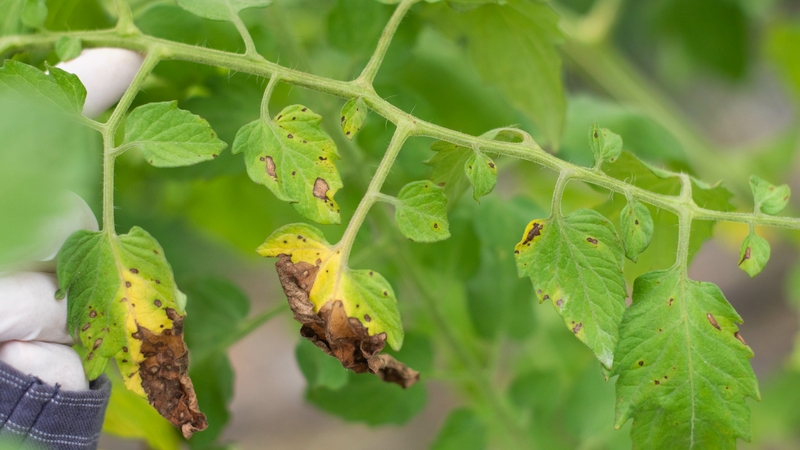New Funding Available for Agricultural Technology
USDA’s National Institute of Food and Agriculture (NIFA) announced the availability of $400,000 through a new competition to help university researchers bring their discoveries to the marketplace. The Innovations in Food and Agricultural Science and Technology (I-FAST) competition is a joint initiative of NIFA and the National Science Foundation (NSF).
“Federal funding is crucial to agricultural research, especially to help move university-developed technologies into commercial products, aka technology transfer,” said NIFA Director Sonny Ramaswamy. “I-FAST competition gives researchers the training they need to help make their research marketable.”
The I-FAST Competition identifies previously awarded NIFA-funded research teams that would benefit from additional support. I-FAST winners will receive mentoring, training, and funding to accelerate the translation of their NIFA-funded research into products and services that can make an impact in the marketplace and the global economy.
The competition will award eight university teams $50,000 each. The awards enable the team members to participate in NSF’s Innovation Corps (I-Corps), a six-month entrepreneurial training program. Teams are also eligible to apply for additional funding through the USDA Small Business Innovation Research (SBIR) Program, administered by NIFA.
The pre-application open period is Aug. 3 to Sept. 8, 2017. For information on submissions, visit the NIFA website.
In 2016 and 2017, the first round of I-FAST awards were made, among which a Cornell University team developed a water stress sensor to help grape, nut, apple, and wine growers save water and improve crop quality and yield. As a result, the team created a new company, FloraPulse, to market the product to prospective customers and clients. A Lincoln University team developed a pathogen detection biotechnology test kit to help lower the risk of E. coli contamination from the farm to the consumer. As a result, the team created a new company, Nanotechnovate, and continues to develop, patent, and market proprietary technologies to agriculture and other industries.










